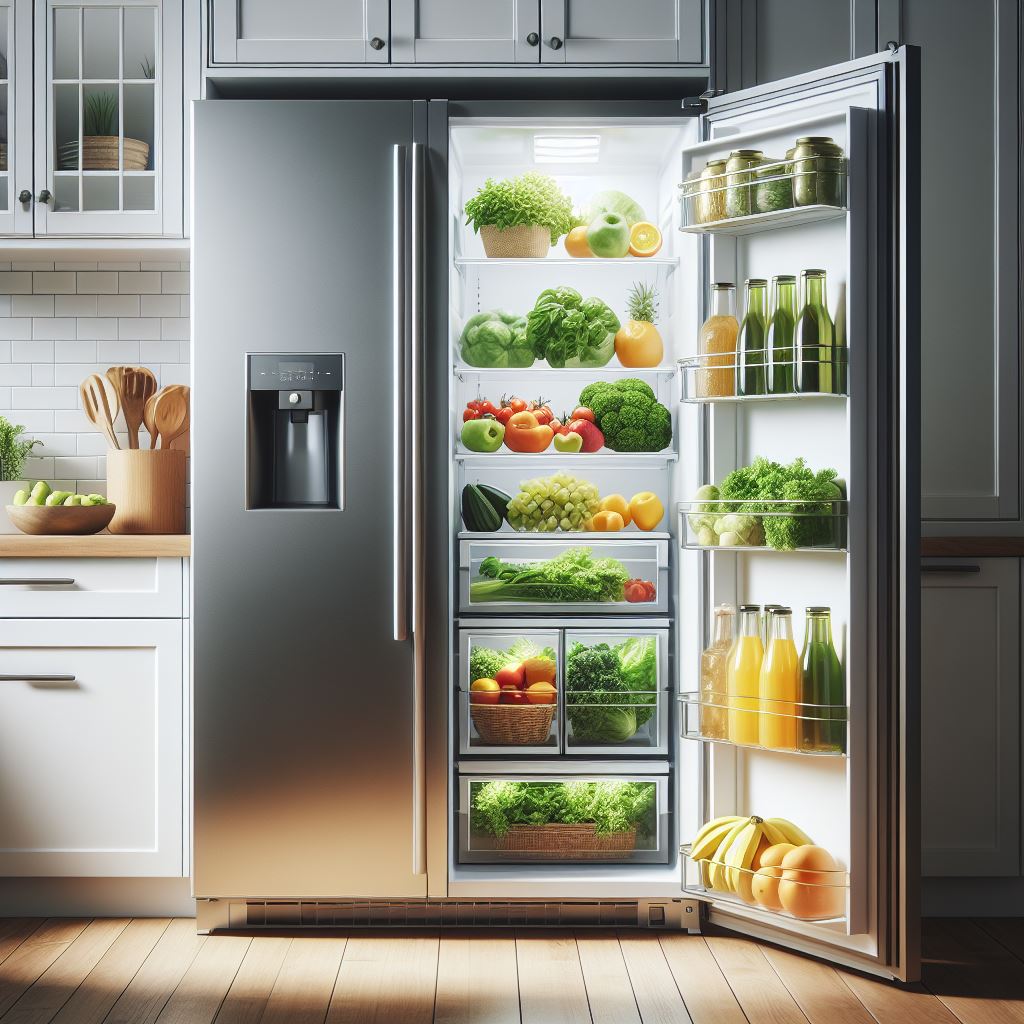When it comes to keeping your food fresh during a power outage, having the right size generator to power your refrigerator is crucial. But figuring out what size generator you need can be confusing. Don’t worry, we’re here to help break it down for you in simple terms. Let’s make sure you have the right power source to keep your fridge running smoothly when the lights go out.
When it comes to keeping your refrigerator running during a power outage or off-grid living situation, having the right size generator is key. Refrigerators play a crucial role in keeping our food fresh and safe to consume, so it’s important to have a reliable power source to ensure they stay running.
The size of the generator you need will depend on a few factors, including the size and wattage of your refrigerator, as well as any other appliances or devices you plan to power at the same time. Typically, a standard refrigerator requires around 800 to 1200 watts to start up and run, but this can vary depending on the specific make and model.
To determine the right size generator for your refrigerator, you’ll need to calculate both the starting wattage and running wattage of the appliance. The starting wattage is the power needed to kickstart the refrigerator’s motor, while the running wattage is what’s required to keep it running. It’s generally recommended to choose a generator with a starting wattage that’s at least 20% higher than the refrigerator’s starting wattage to handle any power surges.
For example, if your refrigerator has a starting wattage of 1000 watts, it’s best to go with a generator that has a starting wattage of at least 1200 watts. You’ll also want to make sure the running wattage of the generator can sustain the continuous power needed to keep the refrigerator running without causing any issues.
Aside from size, you should also consider the fuel type and runtime of the generator. Gasoline-powered generators are commonly used for smaller appliances like refrigerators, but propane and diesel generators can also be suitable options. Make sure you have enough fuel on hand to keep the generator running for an extended period, especially during a longer power outage.
In conclusion, selecting the right size generator to power your refrigerator is essential for keeping your food fresh and safe during a power outage. By calculating the starting and running wattage of your refrigerator and choosing a generator with adequate power output, you can be confident that your appliance will continue to function properly when the power goes out.
1. What size generator do I need to power a refrigerator?
– A standard refrigerator typically requires a generator with a minimum power output of 1,000 watts to ensure it runs efficiently.
2. Can I use a smaller generator to power my refrigerator?
– It is not recommended to use a generator with less than 1,000 watts to power a refrigerator as it may not provide enough power to keep the appliance running properly.
3. How do I know if my generator is big enough to power my refrigerator?
– To determine if your generator is large enough to power your refrigerator, check the appliance’s wattage rating and make sure it is below the generator’s power output. It is always better to have a slightly larger generator to ensure it can handle any additional power requirements.
